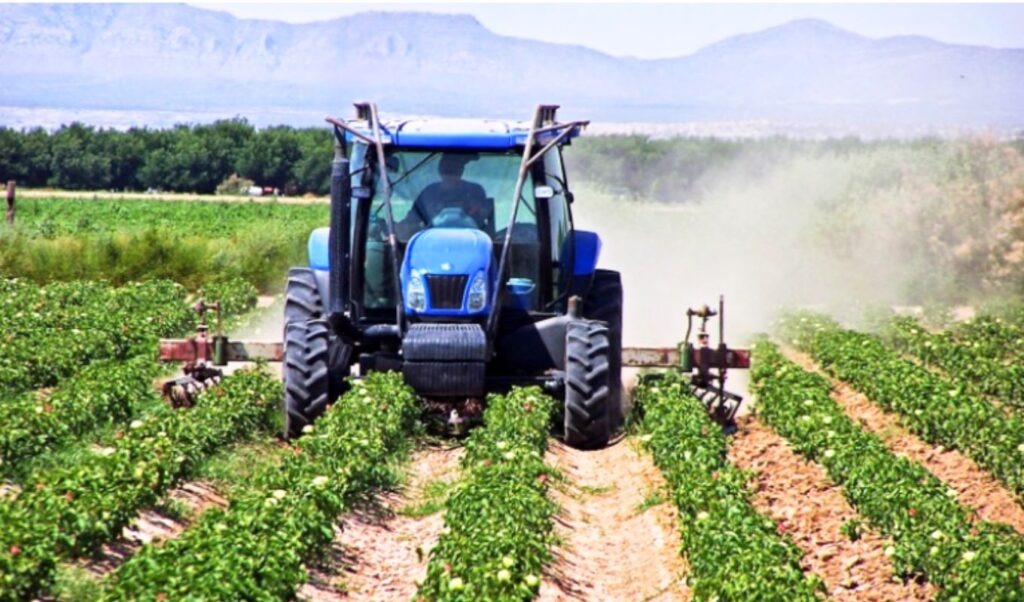The European Public Prosecutor’s Office has issued an announcement regarding the 37 arrests carried out in Greece related to illegal subsidies from OPEKEPE.
Read: OPEKEPE: Unexplained assets of €2.5 million found in “Frappe” declaration
The announcement details the extensive investigation that was conducted, involving hundreds of suspects and illegal profits worth tens of millions of euros, while providing a detailed description of how the criminal organization had structured their scheme.
It is emphasized that the arrests by the Greek Police are a continuation of the preliminary investigation that has been conducted for months by the Economic Crime Unit, following orders given by the European Public Prosecutor’s Office last summer.
European Public Prosecutor’s Office announcement on 37 OPEKEPE arrests
Greece: The European Public Prosecutor’s Office arrested 37 members of an organized criminal group involved in extensive agricultural subsidy fraud and money laundering
(Luxembourg, October 22, 2025)
Within the framework of an investigation conducted by the European Public Prosecutor’s Office (EPPO) in Athens, an organized criminal group was identified that is allegedly involved in a systematic, large-scale fraud scheme related to subsidies, as well as money laundering activities. Today, 37 suspects were arrested and searches were conducted throughout the country.
The investigation revealed that since at least 2018, the group allegedly operated throughout Greece, with a clear hierarchical structure, distinct roles, and continuous activity until today. According to the evidence, they exploited procedural gaps when submitting the Single Aid Application (SAA) within the framework of the EU’s Common Agricultural Policy (CAP), using fake or misleading documents to claim agricultural subsidies from the Payment and Control Agency for Guidance and Guarantee Community Aid (OPEKEPE).
Members of the criminal organization also allegedly falsely declared agricultural land and pastures that did not belong to them or did not meet eligibility criteria, while artificially inflating the number of their animals to increase the amount of subsidies they received. To hide the illegal origin of the money, the suspects allegedly issued fictitious invoices, channeled funds through multiple bank accounts, and mixed them with legitimate income. Part of the illegal proceeds was allegedly spent on purchasing luxury goods, travel, and vehicles, with the aim of legitimizing the money.
During the preliminary investigation, 324 individuals were identified as subsidy recipients, causing estimated damage of over €19.6 million to the EU budget. Of these, 42 individuals are considered to be directly involved in the case and constitute active members of the criminal organization. Most appear to have no real connection to agriculture, indicating that their participation served exclusively to facilitate the fraud.
The investigation and searches were carried out with the support of the Organized Crime Directorate, the Economic Crime Unit of the Northern Greece Organized Crime Sub-Directorate, as well as the Crete Organized Crime Unit.
Asset freezing measures against members of the criminal organization are being implemented by the National Authority for Combating Money Laundering (FIU).
All involved persons are presumed innocent until their guilt is proven by the competent Greek courts.
The European Public Prosecutor’s Office (EPPO) is the independent body of the European Union responsible for investigating, prosecuting and bringing to justice crimes directed against the EU’s financial interests.




